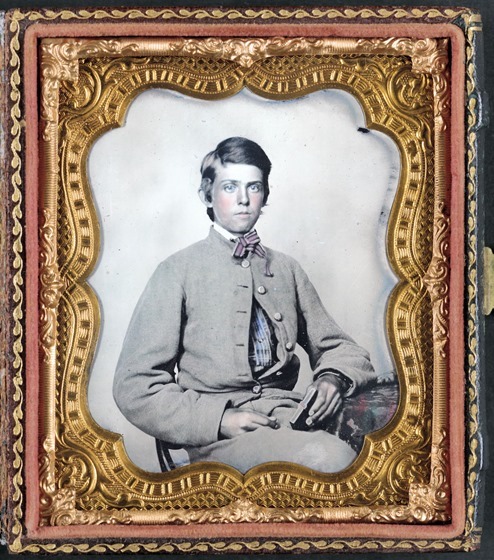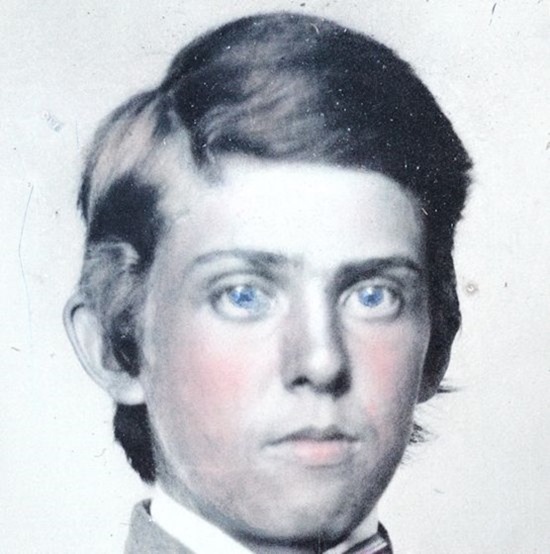December 21, Monday. Wrote Commodore Wilkes that his denial was not sufficiently explicit; that innocent parties were implicated in the publication of his letter, which was, he well knew, a breach of regulations as well as of faith, and the imputation resting upon them must be removed; that either the Department or he must have authorized or at least permitted the publication; that the Department or any connected with it would have no object in a surreptitious publication; that I was confident no one of the two or three clerks who were cognizant of the letter had been guilty, though his denial threw the act on them. If Wilkes, or some of his household avowed the act, it will relieve them. If shrewd he will do it or have it done, for he is in a dilemma; but no prompting of truth, or candor, or sense of right to the clerks or others will influence him.
I received a large budget of Rebel letters captured on board the Ceres. Faxon examined and arranged them for publication. An exposure of some which I have read will have a good effect.
Returning from an early evening walk, I learned Stanton had called for me, and I went at once to the War Department. Seward and Chase were with him. Stanton read to me a letter which had been written in cipher, but which after two days’ labor the experts had unlocked with the exception of a few words. Mention was made of “carrying out the programme” and the intention to seize two steamers. Certain allusions to Briggs, Cavnach, with a conviction on the part of Stanton that the letter was from Trowbridge (N. C. Trowbridge, of New York.), and also other points and names struck me as not entirely unfamiliar. The trio had become puzzled, and Stanton called on me to assist, or hear my suggestions. They had come to the conclusion and were confident the “programme” was to seize one or more of the California steamers, and asked about gunboats. I did not entirely concur in their conclusions and told them the letters captured on the Ceres would furnish some light in regard to the persons alluded to, especially Trowbridge, Briggs, and C.; that I had not read the letters, but parts of several had been read to me and their publication would have a good effect; that they were with the Chief Clerk of the Navy Department, who was to copy and publish portions of them. If, however, Trowbridge was to be arrested, it might be best to suspend publication for the present.
There was a general wish to see the correspondence, and we agreed to meet at 8 P.M. for that purpose. In the mean time I was to send to Faxon to be on hand with the letters. When we met at eight, Faxon proceeded to read them. Those from Trowbridge to young Lamar (Col. C. A. L. Lamar, who had been a Confederate agent in England.) made some singular disclosures, and one of them made mention of a nephew of William H. Seward as being concerned in a cargo for running the blockade. This disturbed Seward more than I should have supposed, — for it was not asserted as a fact, — and if, as he remarked, there were among twenty or thirty nephews one traitor it would not be strange. It was thought best to stop the publication. I proposed that a portion — all, indeed, but the letters of Trowbridge and one of Frank Smith of Memphis — should be made public, confident the effect would be good. But I was overruled by the others, and Faxon was sent off to stop the publication. He was too late, however, for a portion of them had already been printed.
Telegrams were sent to Marshal Murray at New York to arrest Trowbridge forthwith, and hold him in close custody, and to Admiral Paulding to place a gunboat in the Narrows and at Throg’s Neck to stop all outward-bound steamers that have not a pass.













